Rajshahi, Oct 19 (V7N) – The Barendra region of northern Bangladesh is showing signs of early winter, as dew forms on paddy leaves, trees, and pond edges, signaling the approaching cold season. Farmers across Rajshahi’s districts, especially in Raninagar and Durgapur upazilas, have begun preparing date palm trees to collect sweet sap, locally known as “khejurer rosh,” which will later be processed into jaggery.
In Durgapur, famous for high-quality date palm sap, farmers have already started cleaning the trees in preparation for the upcoming collection, expected to begin within 20 to 25 days. The preparation process, locally called “gach jhora,” involves trimming the upper branches of the trees using sickles and other tools to ensure maximum sap yield. Farmers attach clay pots to collect the sap, repair stoves for boiling, and clean old containers.
The annual production in Durgapur alone reaches approximately 455 tons of jaggery from around 50,625 date palms. On average, each tree produces about 9 kilograms of jaggery per season. The seasonal jaggery trade in the region is valued at roughly Tk 70 crore. Sap collection continues for nearly four months, with each tree typically leased to a collector for Tk 600.
Similar preparations are underway in Naugaon and Rajshahi’s Raninagar upazilas, although in some areas, the number of date palms has declined due to indiscriminate felling for fuel and bricks. Farmers have expressed optimism that this year’s favorable winter and good market prices will result in profitable returns.
Experts and health professionals advise that raw date palm sap should be consumed with caution. Dr. Farhana Alam, a nutritionist based in Rajshahi, notes that while fresh date palm sap is rich in natural sugars, vitamins, and minerals, it can contain harmful bacteria if consumed unboiled or stored for long periods. She recommends boiling the sap before consumption or purchasing from trusted vendors to avoid foodborne illness.
Upazila Agriculture Extension Officer Tohidur Rahman emphasized proper care during tree preparation to maintain tree health and ensure high sap yield. He suggested applying 100 to 150 grams of urea fertilizer around the base of each tree and avoiding excessive trimming that could harm the palms.
Farmers in Rajshahi are hopeful that early winter conditions and careful sap collection will provide high-quality juice for jaggery production. Health authorities encourage consumers to enjoy the seasonal delicacy safely, particularly by boiling raw sap before drinking.
This year, local communities eagerly anticipate the arrival of sweet date palm sap in every household, a traditional winter treat that also supports the rural economy.
Consumption Tips:
Always boil raw date palm sap before drinking to kill potential bacteria.
Store sap in clean containers and consume within a few hours if raw.
Purchase from reputable collectors who follow hygienic collection practices.
Individuals with diabetes should consume in moderation due to high natural sugar content.
END/MRA/SMA/



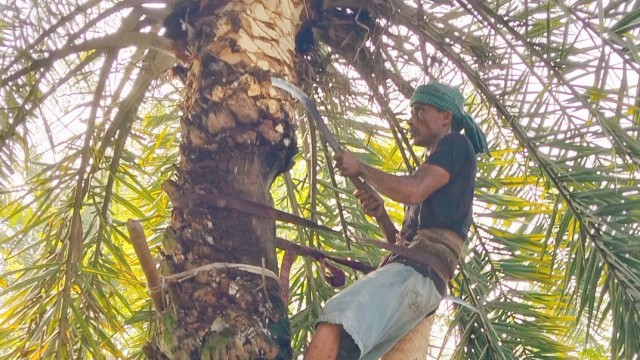


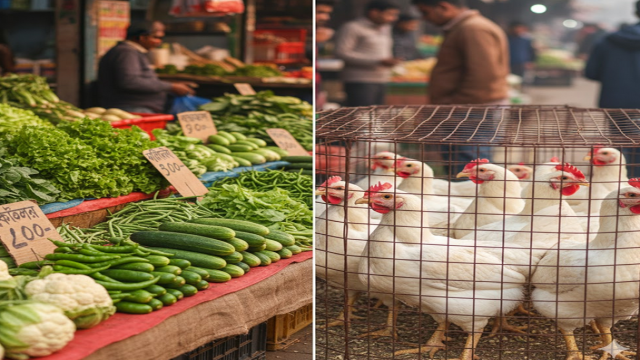
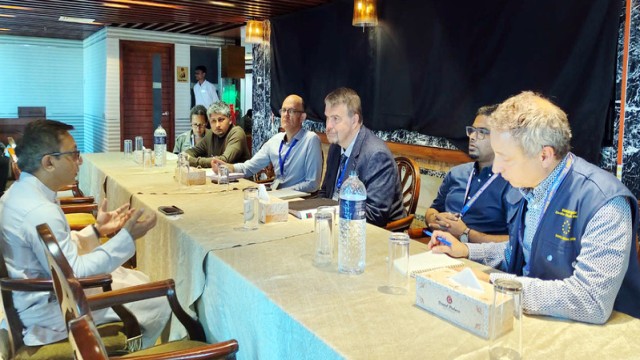



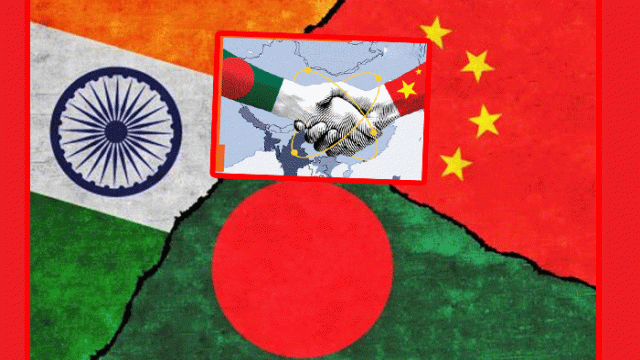
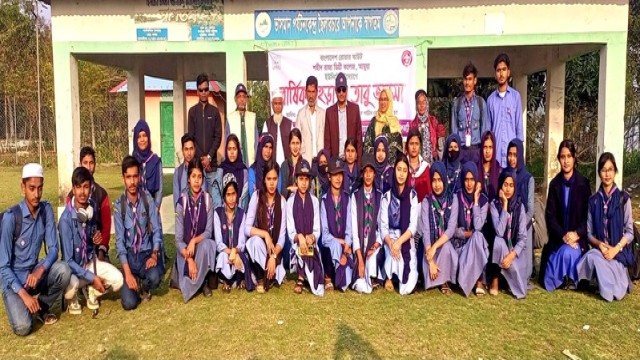
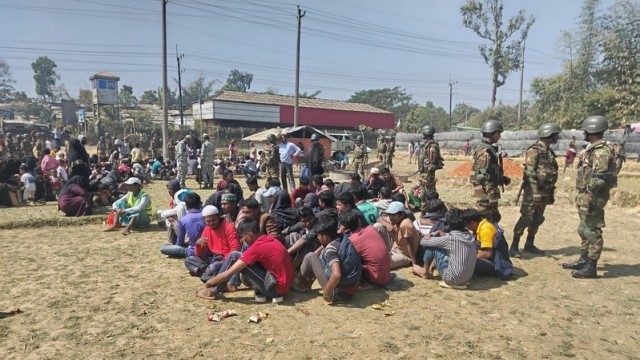
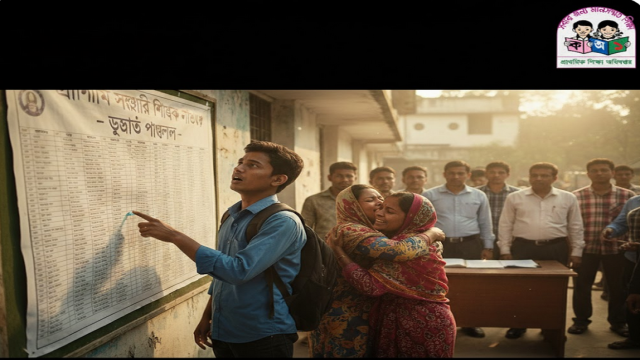

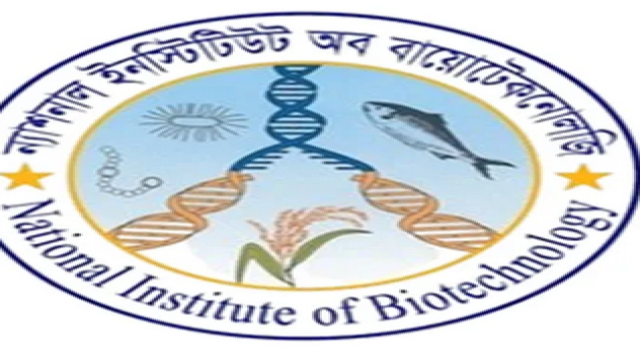











Comment: